Running a successful Airbnb entails more than just providing a place to stay; it’s about creating an exceptional experience for your guests. Cleanliness and comfort are paramount, and that extends to the linens and textiles you provide. While not everything in your Airbnb needs to be dry cleaned, there are specific items that should be […]
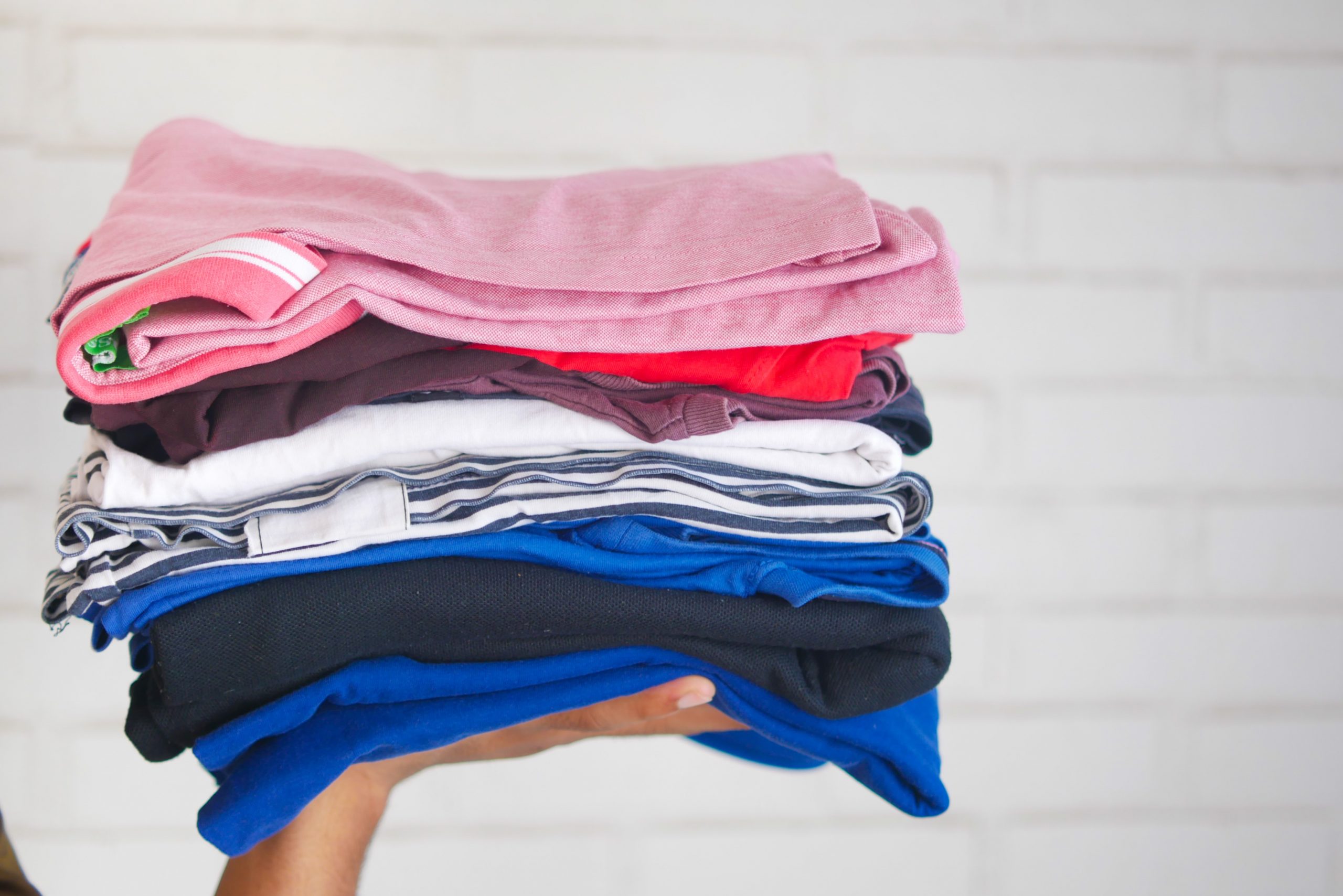
The amount of money you can save when you outsource your laundry depends on various factors, including your location, the laundry service you choose, and your personal circumstances. Here are some key considerations to help you estimate potential savings: Frequency of Laundry: The more often you do laundry, the more you can potentially save by […]
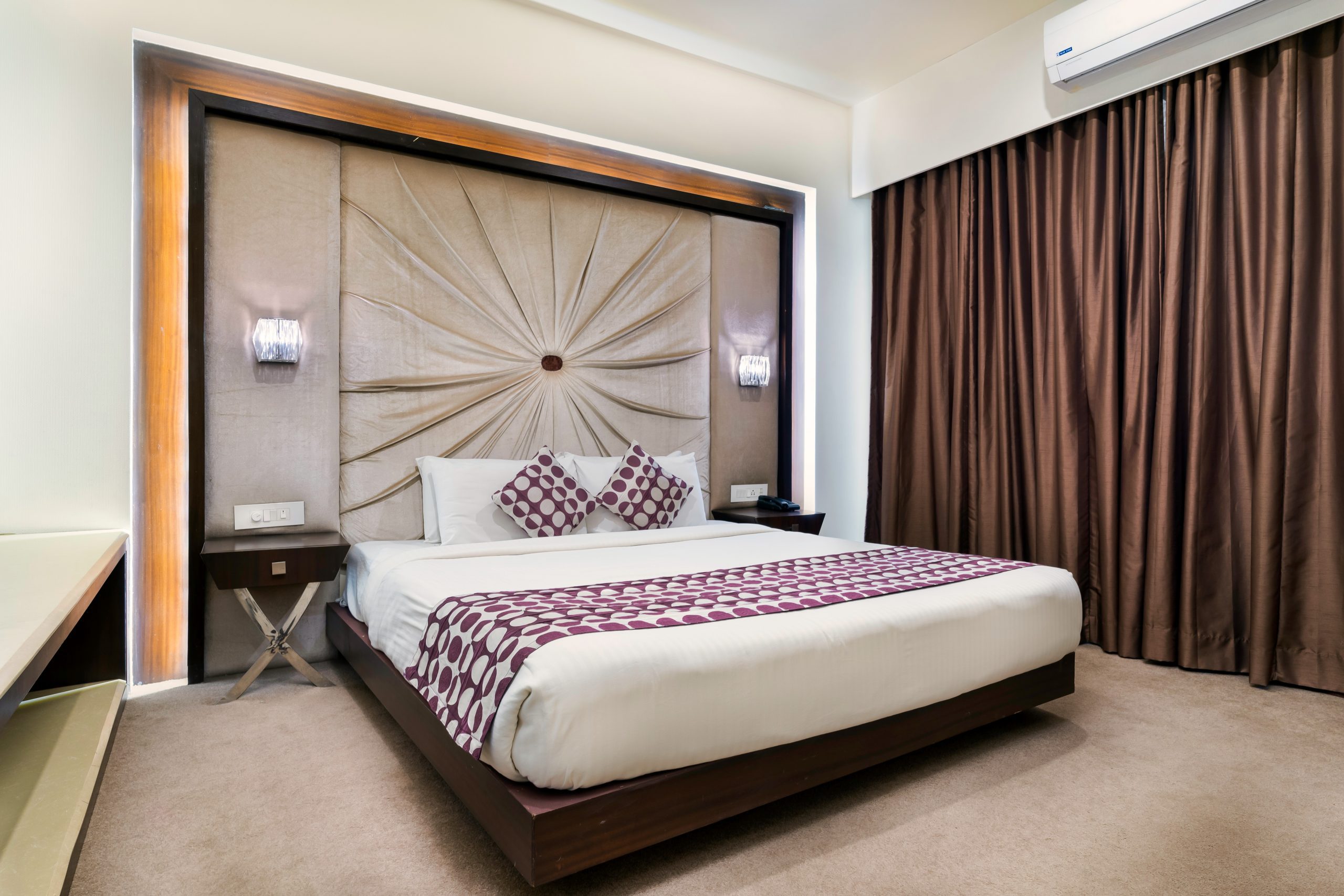
The frequency with which you should wash your household linens can vary depending on several factors, including personal preferences, usage patterns, and individual circumstances. However, here are some general guidelines for common household linens: Bed Sheets: Sheets should ideally be washed every 1-2 weeks. If you have allergies or skin sensitivities, consider washing them m
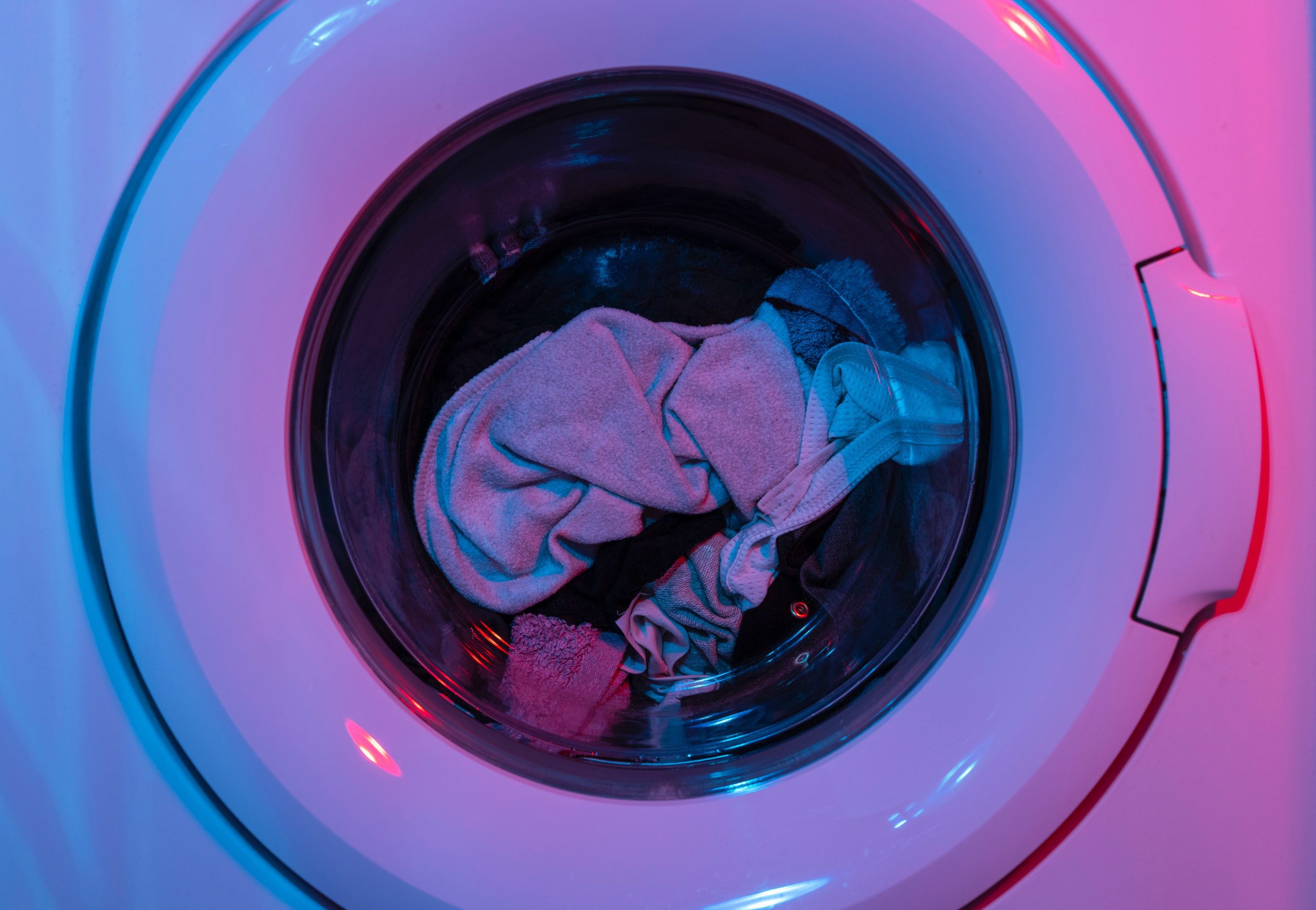
When it comes to doing laundry, many people automatically reach for fabric softeners to make their clothes feel soft and smell fresh. However, vinegar is a natural alternative that offers numerous benefits for your laundry and the environment. Here are ten compelling reasons why you should consider using vinegar instead of softener in your laundry […]
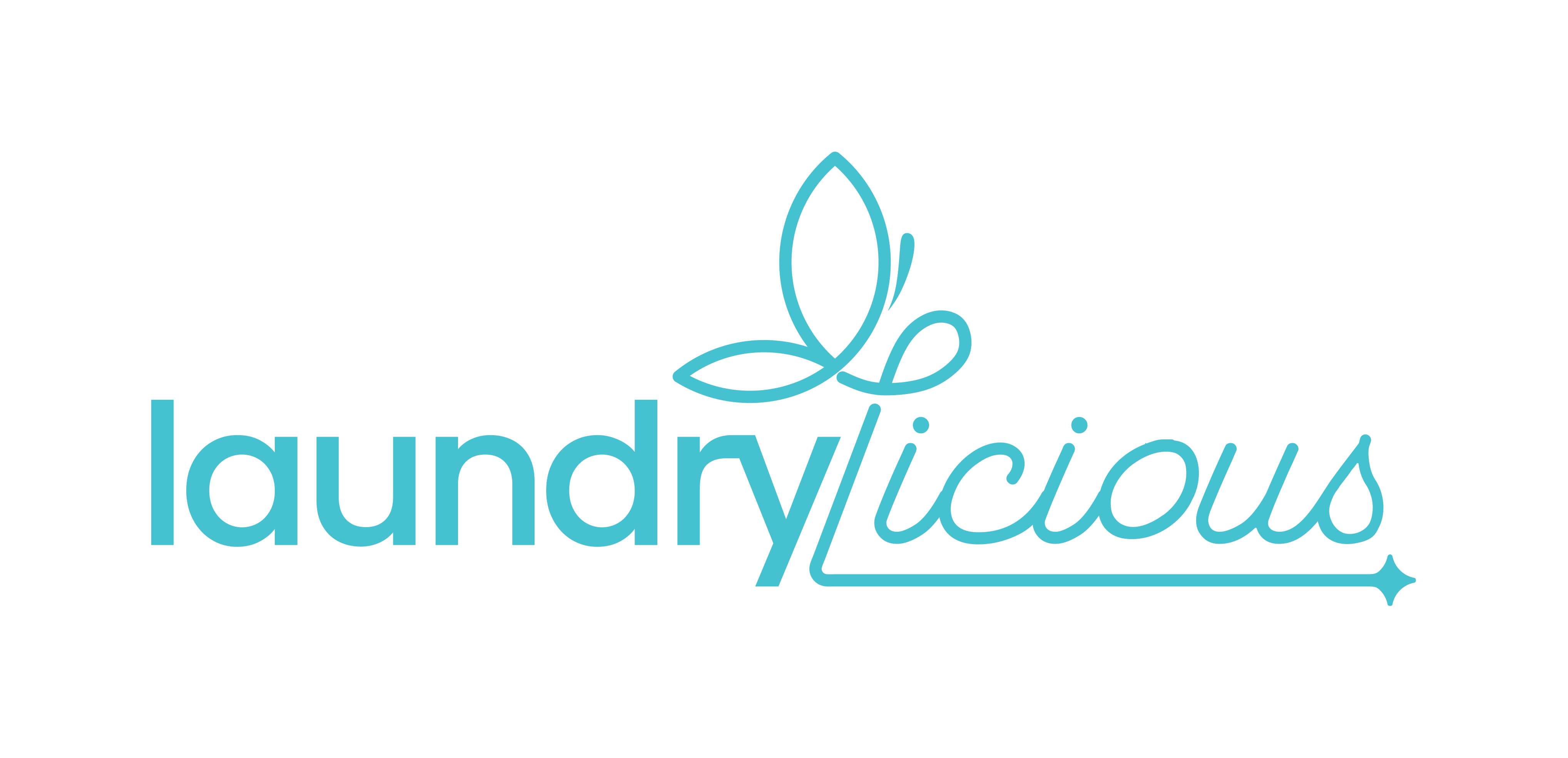
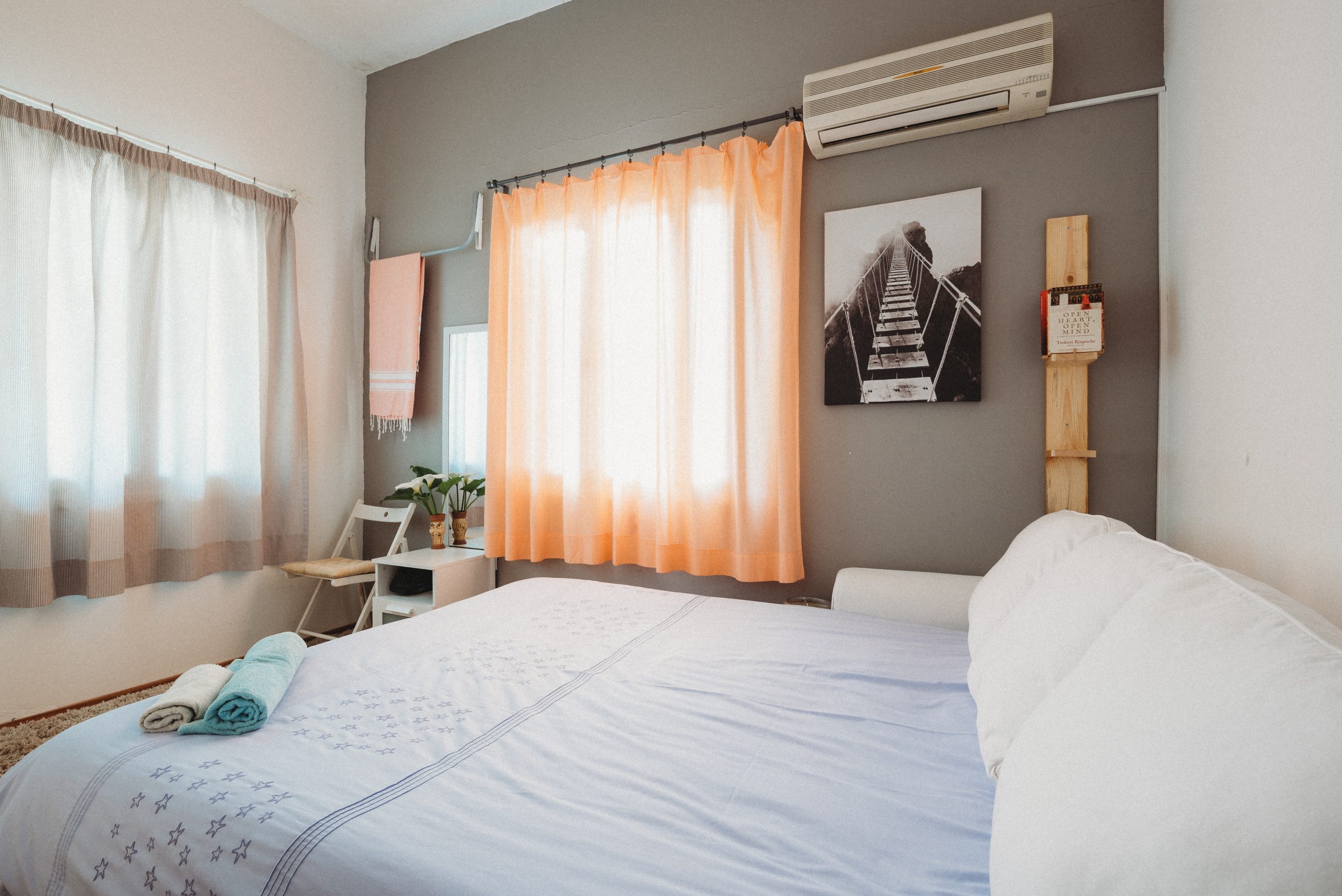
RECENT COMMENTS